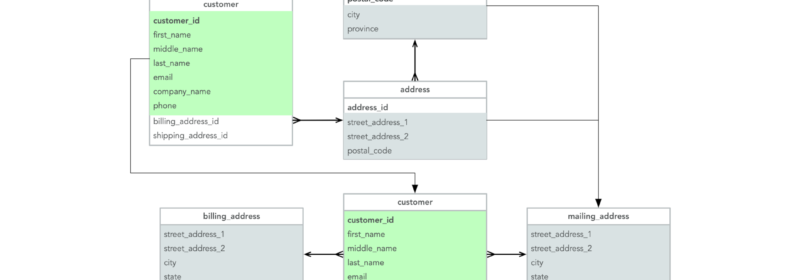Category: Couchbase Server

Couchbase vs MongoDB: NoSQL Misconceptions Part 4
Misconceptions about NoSQL have been around as long as NoSQL itself. It’s always good to get different perspectives, and so this blog series continues. I’ll be discussing NoSQL misconceptions, specifically when it comes to two of the top document database...

Comparing Couchbase Capella vs CosmosDB
CosmosDB is Microsoft’s NoSQL offering that’s exclusive to Microsoft Azure. It used to be called DocumentDB, but they changed the name and added some interesting new features. Let’s go a little deeper on it and explore its strategy, documentation, what...

From N1QL to Javascript and Back – Part 1: Introduction
Among the many great features introduced in Couchbase Server 7.0, one has the potential for a greater impact in later releases: N1QL User Defined Functions. A quick glance at the past N1QL is a declarative language, meaning that requests merely...

Couchbase vs. MongoDB: NoSQL Misconceptions Part 3
Misconceptions about NoSQL have been around as long as NoSQL itself. It’s always good to get different perspectives, and so this blog series continues. I’ll be discussing NoSQL misconceptions, specifically when it comes to two of the top document database...

Introducing the Couchbase Community Hub
Today, we’re excited to announce the launch of our new Community Hub, your entry point for all things community at Couchbase. The Community Team is always exploring ways to not only better connect our users and contributors between them but...

Using the Eventing Service to Consolidate Data from Multiple Sources
One of the many advantages of using a document-based database such as Couchbase is the ability to use a flexible data model to store data without the constraints of a rigid, predetermined schema. Many customers choose a NoSQL database to...

Couchbase as a Persistent System of Records – Storage Considerations
When using Couchbase as a persistent system of records the underlying storage infrastructure needs to be considered. Infrastructure decisions have an impact on the overall performance and availability of the data store, with the knock-on effect of impacting the data...

ASP.NET Core CRUD with NoSQL: Part 4
ASP.NET CRUD apps include interaction with data that consists of create, read, update, and delete. In part 1, we setup a basic ASP.NET Core project. In part 2, we added the first read endpoint, using a SQL++ query against wishlist...

Smart Batching Index Builds During Rebalance in Couchbase Server 7.1
Rebalance is a central feature of Couchbase Server cluster management. It enables redistribution of services when nodes are added to or removed from a cluster. This feature can adjust data and indexes, plus query and event processing, among the nodes...

Always-Available Real-Time Data With High Availability In Couchbase Analytics
As part of the Couchbase Server 7.1 release, Couchbase Analytics Service is very excited to announce the support of High Availability capability availability to ensure users can access data within Analytics Service collections/datasets when one or more Analytics nodes is...

How To Migrate From Couchbase Server to Couchbase Capella
Steps to migrate self-managed Couchbase Server clusters to Couchbase Capella™ Database-as-a-Service (DBaaS) Couchbase Capella is the easiest and fastest way to begin with Couchbase. This fully managed Database-as-a-Service eliminates your database management efforts and reduces costs while delivering flexibility across...

Lower TCO With SQL++ FLATTEN_KEYS For JSON Arrays
An RDBMS with a well-established schema serves well when application functions remain static. While this rigid structure can guarantee stability, it doesn’t lend itself to fast-changing business requirements. Organizations today must consider modernizing their application infrastructure and moving from RDBMS...
